1. Choose one well-documented, scientifically supported implant system. Any dental implant system demonstrating ongoing research and design will achieve high success rates and be adequately equipped to deal with most clinical challenges. Surprisingly most successful implant systems are similarly designed, making the thought of owning different implant systems in the office redundant. Implant macro- and micro-topography may vary, but similar success rates are seen. Prosthetic connections and abutment designs appear very similar.
2. Not all dental implant companies are created equal; warranties, customer service, availability of representatives and technical support may be highly variable. Companies that tend to merge may have a transition stage where customer support may vary.
3. If you pursue both the surgical and prosthetic phases of treatment, be ready to assume twice the responsibility for diagnoses and clinical execution. As a prosthodontic specialist, keeping up with the prosthodontic and laboratory literature alone is complicated enough. I rely on my surgical team to provide the most up-to-date surgical information to guide my prosthetic objective.
4. If you fiddle with any implant, restored or not, you just bought it. On a larger scale, this involves the topic of informed consent. It’s common to see patients with prosthetic complications relating to implant dentistry. Make sure you have a full disclaimer regarding any proposed intervention; otherwise, you may be held responsible for a pre-existing condition.
5. All screws loosen with time; its not if, but when. Properly supported prosthetic designs and proper torque execution will minimize such complications. Remember one screw loose per week is too many.
6. Most insurance companies don’t recognize implant prosthetics. Properly inform your patients of this reality.
7. Even good implant systems can have complications and failures. Poor surgical execution, patient selection or management and/or poor prosthetic design can all create problems with the best of systems.
8. Some single-implant cases are quite difficult, and some multiple-implant cases are quite simple. Not all single-implant cases are predictable (i.e., matching a central incisor); while multiple, implant-supported, posterior bridges can be quite predictable.
9. Implant prosthodontics is not simple. In general, any prosthodontics case is not simple, regardless of what a salesperson might tell you. Prosthetic components can be technique sensitive, and they can be difficult to select. Step-by-step instructions can oversimplify and misrepresent the clinical challenges.
10. The likelihood that an implant is malpositioned is directly related to the surgeon’s resistance to a surgical guide.
This article was published in Implant Tribune Canada Edition, Vol. 4, No. 1, April 2016 issue.
The 2010 Biodenix Implantology Forum will be held 23-24 July at the Westin Bayshore Hotel in Vancouver, BC, Canada. The theme of the meeting, sponsored by ...
Prodont-Holliger, a French manufacturer of dental instruments, prides itself on using only the highest quality stainless steel and the latest production ...
NEW YORK, N.Y., USA: Robert S. Roda, DDS, MS, was installed as president of the American Association of Endodontists during AAE’s annual session, held...
Dental implant marketing often emphasizes “simplicity,” underplaying an inherent complexity in the product, procedure — and patient. ...
MIS Implants Canada is collaborating with the University of Miami to bring to Canada the “Fellowship in Implant Dentistry” from the University ...
When we think of artificial intelligence (AI), our minds often conjure up images of sentient humanoid robots from iconic science fiction films like 2001: A ...
The Ordre des dentistes du Québec will hold its 42nd Annual Meeting, the Journées dentaires internationales du Québec (JDIQ), from ...
The power of artificial intelligence (AI) has great application not only in general healthcare but also in specialised fields such as dentistry. On 27 ...
Welcome to PDC Virtual. From today (March 14) until April 12, you have access to more than 30 hours of C.E. courses, plus the opportunity to network with ...
OTTAWA, Ontario, CANADA: The Canadian Academy of Pediatric Dentistry (CAPD/ACDP) is using its annual meeting this year to focus on commonly encountered but ...
Live webinar
Tue. 24 February 2026
1:00 PM EST (Toronto)
Prof. Dr. Markus B. Hürzeler
Live webinar
Tue. 24 February 2026
3:00 PM EST (Toronto)
Prof. Dr. Marcel A. Wainwright DDS, PhD
Live webinar
Wed. 25 February 2026
11:00 AM EST (Toronto)
Prof. Dr. Daniel Edelhoff
Live webinar
Wed. 25 February 2026
1:00 PM EST (Toronto)
Live webinar
Wed. 25 February 2026
8:00 PM EST (Toronto)
Live webinar
Tue. 3 March 2026
11:00 AM EST (Toronto)
Dr. Omar Lugo Cirujano Maxilofacial
Live webinar
Tue. 3 March 2026
8:00 PM EST (Toronto)
Dr. Vasiliki Maseli DDS, MS, EdM



 Austria / Österreich
Austria / Österreich
 Bosnia and Herzegovina / Босна и Херцеговина
Bosnia and Herzegovina / Босна и Херцеговина
 Bulgaria / България
Bulgaria / България
 Croatia / Hrvatska
Croatia / Hrvatska
 Czech Republic & Slovakia / Česká republika & Slovensko
Czech Republic & Slovakia / Česká republika & Slovensko
 France / France
France / France
 Germany / Deutschland
Germany / Deutschland
 Greece / ΕΛΛΑΔΑ
Greece / ΕΛΛΑΔΑ
 Hungary / Hungary
Hungary / Hungary
 Italy / Italia
Italy / Italia
 Netherlands / Nederland
Netherlands / Nederland
 Nordic / Nordic
Nordic / Nordic
 Poland / Polska
Poland / Polska
 Portugal / Portugal
Portugal / Portugal
 Romania & Moldova / România & Moldova
Romania & Moldova / România & Moldova
 Slovenia / Slovenija
Slovenia / Slovenija
 Serbia & Montenegro / Србија и Црна Гора
Serbia & Montenegro / Србија и Црна Гора
 Spain / España
Spain / España
 Switzerland / Schweiz
Switzerland / Schweiz
 Turkey / Türkiye
Turkey / Türkiye
 UK & Ireland / UK & Ireland
UK & Ireland / UK & Ireland
 International / International
International / International
 Brazil / Brasil
Brazil / Brasil
 Latin America / Latinoamérica
Latin America / Latinoamérica
 USA / USA
USA / USA
 China / 中国
China / 中国
 India / भारत गणराज्य
India / भारत गणराज्य
 Pakistan / Pākistān
Pakistan / Pākistān
 Vietnam / Việt Nam
Vietnam / Việt Nam
 ASEAN / ASEAN
ASEAN / ASEAN
 Israel / מְדִינַת יִשְׂרָאֵל
Israel / מְדִינַת יִשְׂרָאֵל
 Algeria, Morocco & Tunisia / الجزائر والمغرب وتونس
Algeria, Morocco & Tunisia / الجزائر والمغرب وتونس
 Middle East / Middle East
Middle East / Middle East

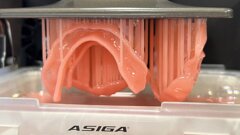

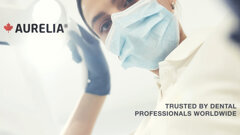























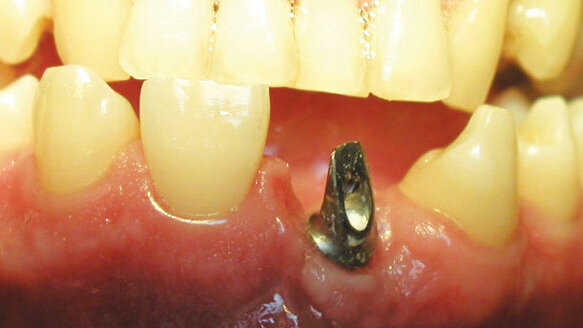




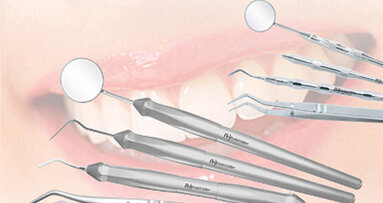
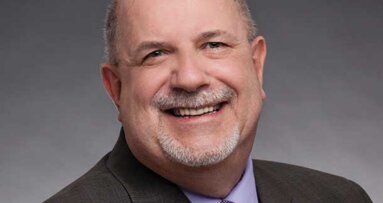
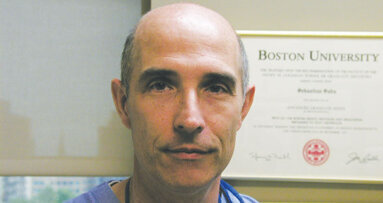





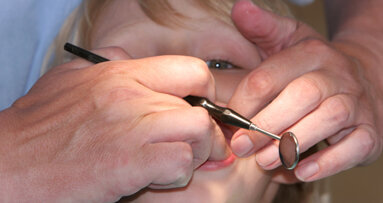









To post a reply please login or register